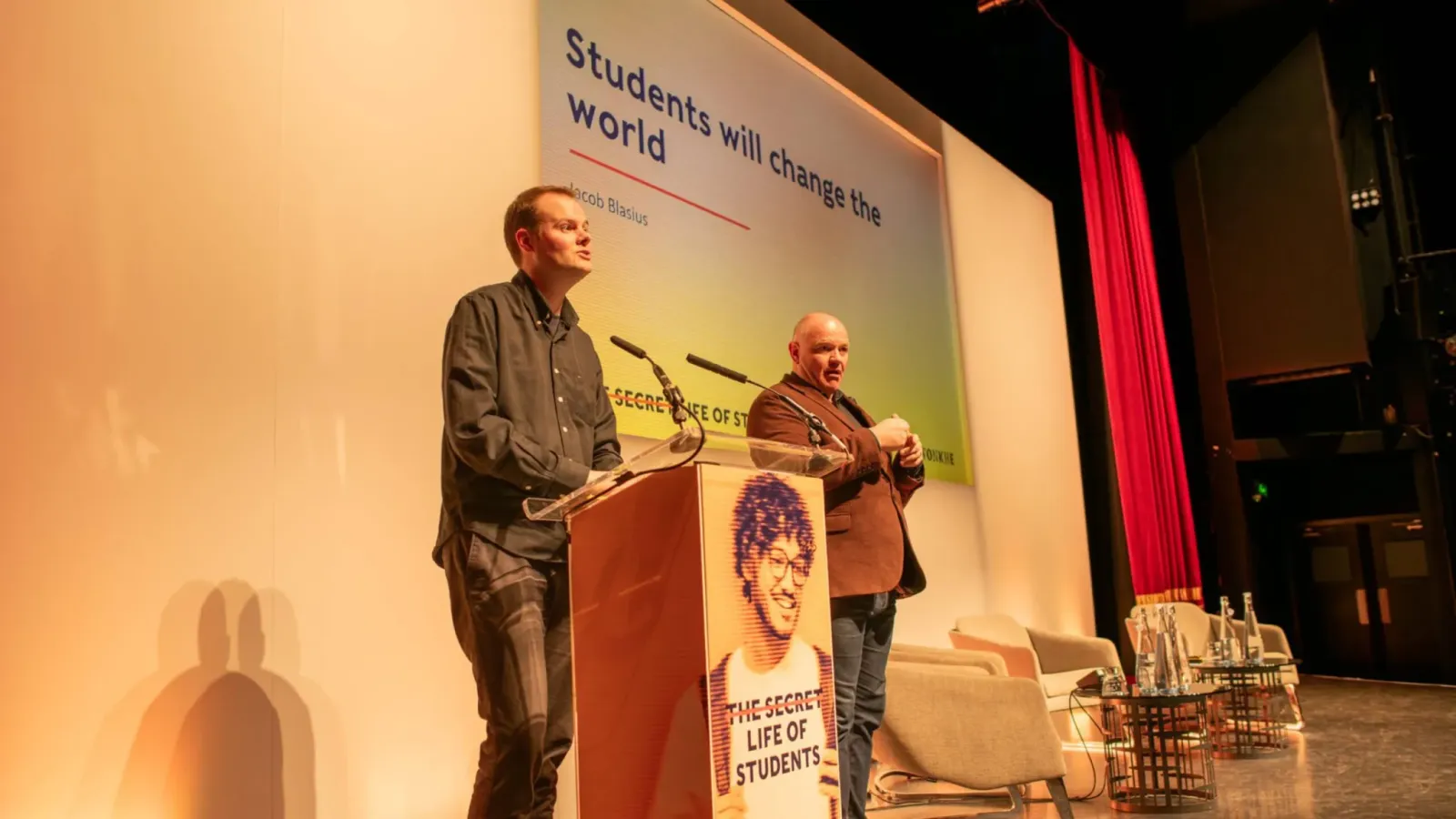Why Gender Equality in Science Matters
Achieving gender equality in STEM is not just about fairness—it is essential for sustainable development and progress. Diverse research teams bring new perspectives and more effective solutions, making science more representative of the needs of all people. However, women account for only about 30 percent of researchers worldwide, and in some STEM disciplines, the numbers are even lower.
Persistent gender biases, cultural stereotypes, and systemic barriers limit women’s access to STEM education and careers. Many girls are discouraged from pursuing science from a young age due to societal expectations, lack of role models, and limited support. Those who do enter STEM often face challenges such as workplace discrimination, unequal pay, and fewer opportunities for leadership positions.
A Decade of Progress and the Road Ahead
2025 marks the 10th anniversary of the International Day of Women and Girls in Science and the 30th anniversary of the Beijing Declaration and Platform for Action, a global commitment to gender equality. While progress has been made, there is still much work to be done to close the gender gap in STEM.
To ensure a future where women and girls thrive in science, efforts must focus on:
- Challenging gender stereotypes and promoting science as a career path for all.
- Increasing representation by supporting women in STEM leadership roles and amplifying their voices.
- Investing in education and mentorship programs that encourage and empower girls from an early age.
- Advocating for policies that ensure equal access to funding, resources, and career opportunities.
The Role of Students in Advancing Gender Equality in STEM
Students have an important role to play in pushing for gender equality in STEM. Through advocacy, mentoring, and policy engagement, student movements can help break barriers and create lasting change.
Some ways to get involved include:
- Supporting STEM education for girls by organizing study groups, mentorship programs, or outreach initiatives.
- Advocating for more inclusive policies in universities and research institutions.
- Highlighting women scientists and their contributions in student publications, events, and discussions.
- Engaging in global efforts to push for change at institutional, national, and international levels.
Science should be accessible to everyone.








